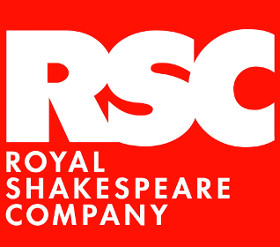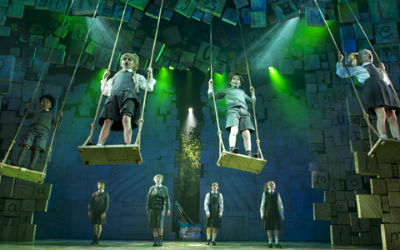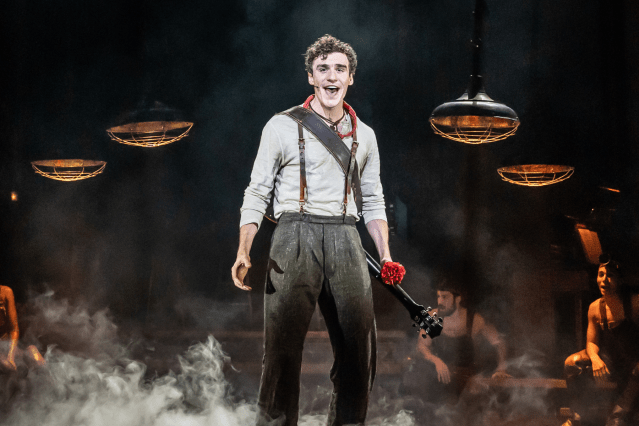RSC annual turnover rises to £62 million thanks to Matilda effect
The Royal Shakespeare Company celebrates a year of growth in 2012/2013

Following last week’s strong reviews for David Tennant in Richard II, there’s more good news today for the Royal Shakespeare Company as it publishes its annual report for its 2012/13 financial year. The results – covering the period from April 2012 to March 2013, just ahead of the full artistic director transition from Michael Boyd to Gregory Doran – show the company in rude good health, thanks in large part to the ongoing Matilda effect.
Annual turnover grew to more than £62 million, up from £50.1 million in 2011/12 and just £32.5 million in 2010/11 (when the Royal Shakespeare and Swan Theatres in Stratford were still closed for renovation). The biggest revenue increase was in box office receipts, which are up by 75% to £31.6 million in 2012/13, fuelled by the success of the multi award-winning Matilda the Musical in the West End and on Broadway, as well as the success of the World Shakespeare Festival and the company’s Stratford-upon-Avon home base operating at full steam. Other revenue streams were also up – fundraising grew by 28% to £4.1 million and trading income went up by 9% to £4.8 million.
The RSC’s growth is all the more remarkable as it comes at the same time as the company’s public investment from Arts Council England fell by a further £0.8m to £16.6 million. The company’s "mixed economy" model has now firmly shifted in favour of self-generated income as opposed to public funding: in 2012/13, the RSC generated 73% of its own income, versus 64% in 2011/12 and 52% in 2010/11.
An RSC spokesperson emphasised that this past year, which started with the World Shakespeare Festival, was one of “exceptional activity” and output. And the production and audience figures prove the point: there were more than 1,459 performances of 25 productions to a total worldwide audience of 1.5 million people, more than a third of whom were first-time attenders.
The year began with the World Shakespeare Festival, produced by the RSC for the London Olympics and involving more than 10,000 artists and 120 partner organisations. The year concluded with a season of new adaptations in Stratford, celebrating the world elsewhere in Shakespeare’s time, and a major UK and international tour of Gregory Doran‘s acclaimed production of Julius Caesar.
As well as playing in Stratford, London and Newcastle, the company toured work to 13 UK cities, nine UK schools and five countries overseas, playing to 83% capacity across all locations.
Matilda masks real challenges
The RSC has not revealed just how much of its box office income is down to the success of Matilda , except that the blockbuster has made a very "major contribution to the financial health of the company" over the past two years. The musical, by Dennis Kelly and Tim Minchin based on the Roald Dahl's children's classic, was first seen at the Courtyard Theatre in Stratford before transferring in November 2011 to the West End's Cambridge Theatre to WhatsOnStage, Olivier and Evening Standard award-winning effect. A Broadway production followed in April 2013.

Artistic director Gregory Doran warned today that the RSC cannot become over-reliant on the musical. He said: "We have been fortunate that Matilda , nurtured over several years by a combination of philanthropy and public investment, has allowed us to weather, in part, the storms of funding cuts and economic downturn. We couldn’t have planned its extraordinary commercial success and yet we cannot rest on our laurels and rely on its substantial contribution for ever."
His executive director Catherine Mallyon added: "The fantastic figures mask some real challenges. There is significant pressure on us and on arts organisations up and down the country. We know this because we are out there, performing and working, in every region. Cuts in public investment are biting. Local authorities are having to take unwelcome decisions. Trusts and foundations face pressures on their own endowment returns. And corporate sponsorship for the arts is falling, especially outside London."
To read the RSC's full Annual Review, visit www.rsc.org.uk/annual-report.












